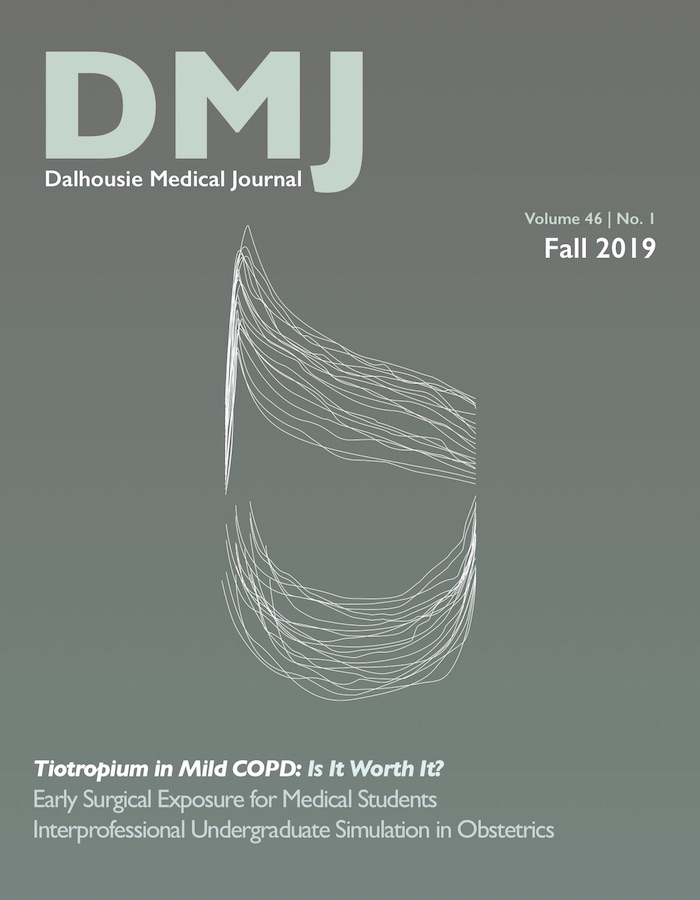Holistically addressing motivation and maladaptive traits in anorexia nervosa: Impact on prognosis and treatment outcomes
DOI:
https://doi.org/10.15273/dmj.Vol46No1.9833Abstract
Anorexia Nervosa (AN) is a serious psychiatric disorder, characterized by restriction of energy intake, low body weight, intense fear of weight gain, and a disturbance in body weight self-perception. Severe and Enduring AN (SE-AN) is a long-lasting (typically 5-7 or more years and marked by several unsuccessful treatment attempts) form of AN. Traditional treatments, centering on weight restoration and core eating pathology, may be part of the reason rates of treatment dropout are high and long-term outcomes are poor, particularly in SE-AN. For SE-AN patients, who have a past marked by failed traditional treatment attempts, multidimensional treatments, addressing motivation to change and maladaptive traits, may improve a range of patient outcomes outside of eating-related symptoms, such as quality of life and interpersonal functioning.The objective of this narrative review is to briefly examine motivation-related factors (e.g., hope and readiness to change), experiential avoidance, perfectionism, and obsessive-compulsiveness, and the impact of treatment approaches incorporating these individual characteristics on various patient outcomes. In conclusion, a holistic, multidimensional, person-centred recovery approach that accounts for (a) illness severity/ chronicity, (b) individual traits, and (c) motivational factors (with a secondary focus on weight gain/eating pathology), could improve quality of life outcomes, particularly in SE-AN. Additionally, integrating patient perspectives, insights, and values into developing/testing novel person-centred interventions is paramount in order to holistically address the underlying biopsychosocial causes and perpetuating factors of AN, and to better understand the trajectory of chronicity.
Downloads
Published
How to Cite
Issue
Section
License
Authors who publish with this journal agree to the following terms:
- Authors retain copyright and grant the journal right of first publication with the work simultaneously licensed under a Creative Commons Attribution License that allows others to share the work with an acknowledgement of the work's authorship and initial publication in this journal.
- Authors are able to enter into separate, additional contractual arrangements for the non-exclusive distribution of the journal's published version of the work (e.g., post it to an institutional repository or publish it in a book), with an acknowledgement of its initial publication in this journal.
- Authors are permitted and encouraged to post their work online (e.g., in institutional repositories or on their website) prior to and during the submission process, as it can lead to productive exchanges, as well as earlier and greater citation of published work (See The Effect of Open Access).


